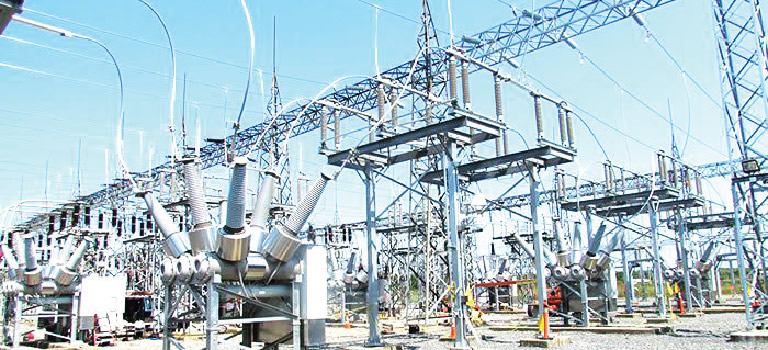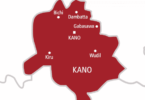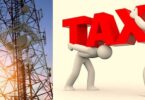
Governors of the 36 states of the federation have agreed to work together to tackle epileptic power supply in the country.
As part of measures to achieve this objective, the governors have agreed to take steps to break the monopoly of Discos in power distribution across the states.
In March 2023, then-President Muhammadu Buhari signed into law the constitutional amendment allowing states in the country to licence, generate, transmit, and distribute electricity.
This was made known in a tweet by the presidential media spokesperson, Tolu Ogunlesi.
“President #MBuhari has signed 16 constitution amendment bills into law. By this signing, State Houses of Assembly and judiciaries now have constitutionally guaranteed financial independence, while railways have moved from the exclusive legislative list to the concurrent list.
“Another landmark change. By virtue of the presidential assent, Nigerian states can now generate, transmit, and distribute electricity in areas covered by the national grid. (This) wasn’t allowed pre-amendment. This is genuine, realistic restructuring — through the constitution,” he wrote.
With the Fifth Alteration Bill No. 33, Devolution of Powers (National Grid System), Nigeria’s 36 states can now generate their own electricity.
President Bola Tinubu recently signed the Electricity Act of 2023 into law, marking an important development in the country’s electricity sector.
This Act aims to break the monopoly in electricity generation, transmission, and distribution at the national level.
The Act grants the power to generate, transmit, and distribute electricity to states, companies, and individuals.
In March 2023, Buhari had signed a constitutional amendment allowing states to license the generation, transmission and distribution of electricity.
Based on the amendment, Nigerians can now participate in the electricity supply business, which was previously the exclusive preserve of the FG, as administered by the stage regulator, the Nigerian Electricity Regulatory Commission.
States are required to create their laws and the state governors must sign those laws.
With the constitution amended, and the National Assembly having passed a law for the electricity sector in line with the amendment, the states will now proceed to establish their laws based on the constitutional amendment.
The 2023 Electricity Act, by virtue, allows anyone to construct, own, or operate an undertaking for generating electricity exceeding one megawatt in aggregate at a site.
Also, organised labour, comprising the Nigerian Labour Congress and Trade Union Congress, has asked the 36 states and the Federal Capital Territory to work out modalities to break the monopoly of the power distribution companies (also known as Discos) in the country.
According to the labour unions, the discos, as currently constituted, are enjoying a monopoly in power distribution, making them ‘behave in ways that are untoward’ towards their customers.
The Deputy President of the TUC, Dr Tommy Etim, speaking with Sunday PUNCH, said the issue of estimated billing was killing the populace, stressing the need for all homes in the country to have metres.
He also noted that the new Electricity Act had made things easier for the country, as states could now own and run their own discos.
He said, “Labour also takes the position that every household should be metered. So that whatever anyone is paying will be known rather than estimated billing. Organised Labour frowns at the increase in tariff.
“Again, the continuous refusal to meter homes, even for those who have already paid for it for more than a year or more is unfair. We are not happy about it.
“We call on the Federal Government to ensure that those things are put in place, and states should begin to invest in power infrastructure in line with the new law signed by the former president, Muhammadu Buhari.”











Leave a Comment